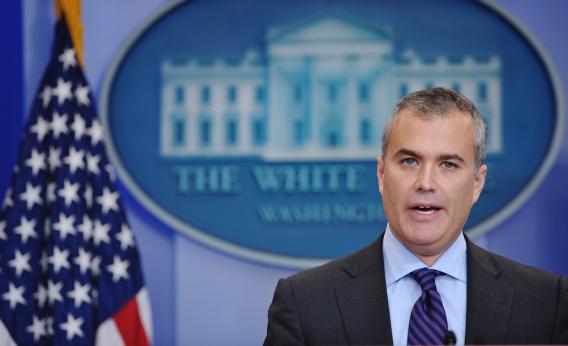As substantive public policy, the Fiscal Year 2013 budget proposal the White House will unveil today is a completely meaningless nonstarter. But as a move in the never-ending Washington chess game it counts for something. In particular, based on the previews that have been offered, the proposal seems like a major step backward for the administration’s traditional strategy of entering negotiations with a low bid in the hopes that this will brand them as “reasonable.” The key point here is the way the proposal treats spending cuts that have already been agreed to by Congress and the administration.
To understand why this matters, we must return to the Great Debt Ceiling Charade of 2011. For somewhat obscure reasons, both the Obama administration and the congressional GOP leadership decided that the must-pass debt ceiling bill of 2011 was a good vehicle in which to undertake long-term budget reform. The administration, as the reasonable party, wanted to agree to a deal that was mostly spending cuts but also included some revenues. Republicans’ stated position heading into the 2000, 2002, 2004, 2006, 2008, and 2010 elections was that the correct ratio involved zero hikes. For several months, everyone then pretended not to know that the GOP would insist on zero and we had a lot of debates about the correct ratio. Then in the end it turned out that the GOP would insist on zero, so the administration agreed to an all-cuts package, substituting reduced defense spending for higher taxes as the concession made by Republicans. The important thing moving forward is that in this budget proposal, Obama says we should look at those already agreed to cuts as counting toward the ratio of cuts to taxes in his deficit proposal. In other words, his long-standing tax proposals aren’t balanced out by gigantic new proposals for cutting spending. He’s saying that on a forward-looking basis the ratio of revenue increases to spending cuts can be pretty high since many spending cuts have already been agreed to.
This is, obviously, not a serious effort to get the GOP to sign on to a compromise. It’s a recognition that efforts to get the GOP to sign on to a compromise have failed. The 2012 elections, rather than a congressional debate, will settle the fate of the Bush tax cuts. President Romney or President Santorum will extend them, and then try to add on new tax cuts. A re-elected President Obama will partially rescind them. Congress isn’t going to decide anything this year.
Correction, 10:08 a.m.: The initial version of this article contained a typo that mis-described the Republicans’ stated position as favoring “zero tax cuts.”
